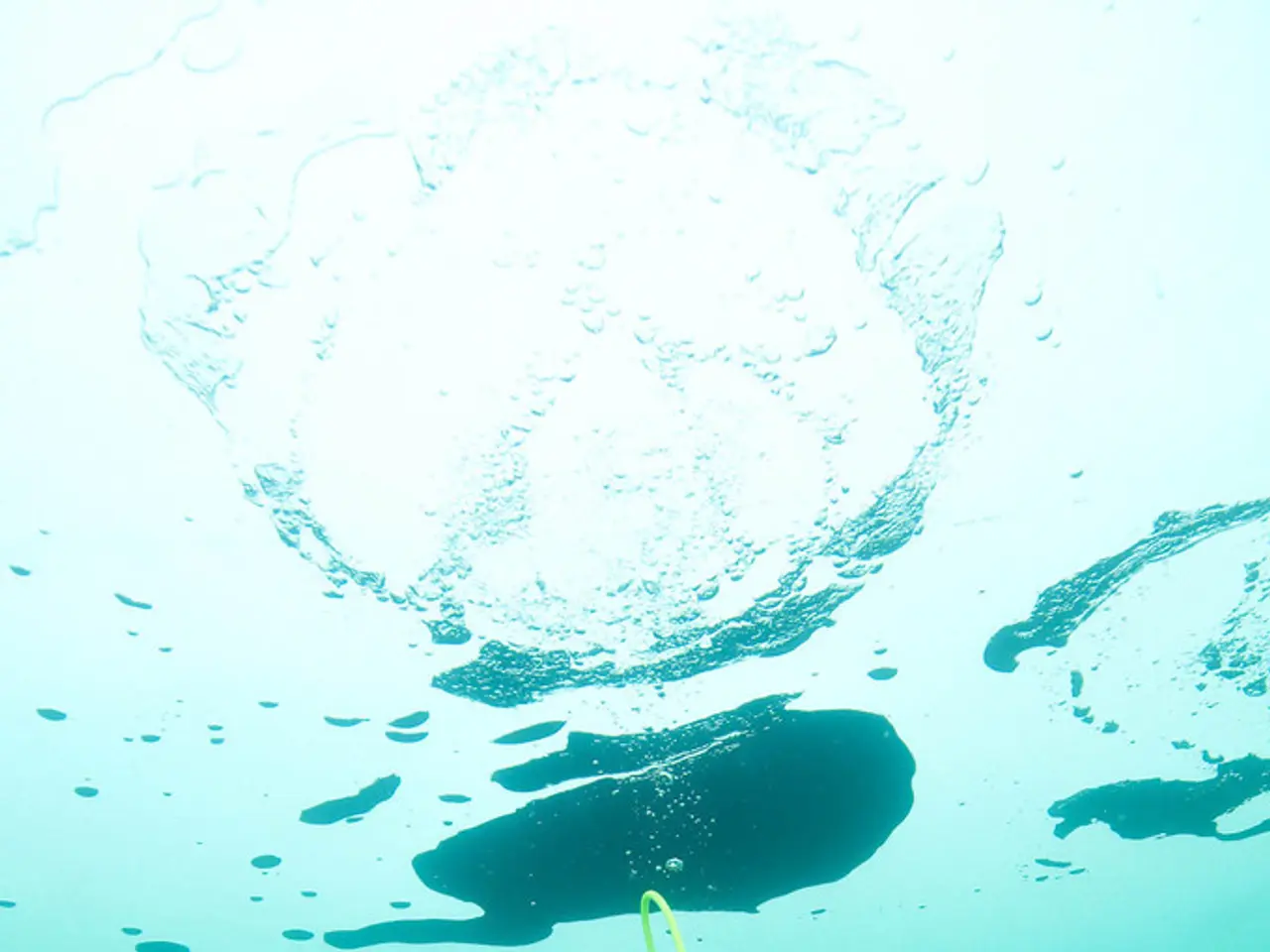Global Economic Impact of Scuba Diving Revealed in New Research, Showing an Annual Revenue of up to $20 Billion
In a groundbreaking study published in the journal Cell Reports Sustainability, researchers have provided the first comprehensive estimate of the global economic impact of the scuba diving industry. The study, supported by the National Geographic Society and endorsed by the United Nations Ocean Decade, reveals that this activity contributes between approximately $8.5 billion and $20.4 billion to the global economy each year, supporting up to 124,000 jobs across 170 countries.
The survey, which expands a 2021 study focused on Mexico to the entire globe, found that scuba diving is an activity that is dependent on the health of the ocean ecosystem. Notably, 80% of employees in the scuba diving industry are local or national residents, demonstrating the industry's commitment to supporting local communities.
The research, part of the Atlas Aquatica project, highlights the importance of dive operators in marine conservation efforts. The study found that dive operators have deep concerns about environmental degradation, with most reporting negative changes at their dive sites over the past decade. Anna Schuhbauer, the lead study author and fisheries scientist at the University of British Columbia, emphasized that dive operators have a vested interest in healthy ecosystems and abundant marine life, making them natural allies in conservation efforts.
Octavio Aburto-Oropeza, the study's co-author, stated that the study shows dive tourism as a model for the "Blue Economy", encouraging policies that invest in diving by increasing marine protections. The researchers recommend establishing standardized monitoring systems across the diving industry, formally including dive operators in marine management decisions, and recognizing ecotourism as a central component of sustainable ocean-based or "blue" economies.
The economic analysis led by Andrés Cisneros-Montemayor at Simon Fraser University calculated the direct spending on diving activities to be between $900 million and $3.2 billion annually, and between $8.5 and $20.4 billion when including indirect spending on accommodations and local services. Roughly 70 percent of all marine dives currently occur within marine protected areas (MPAs), providing significant funding and public awareness for these ecosystems.
The study was co-authored by several researchers from universities and organizations such as the University of Washington, the National Geographic Society, UC Santa Barbara, James Cook University, the University of British Columbia and the University of Pretoria, Ørsted, North-West University, and Centro para la Biodiversidad Marina y la Conservación. The researchers are supporting dive operators' efforts to organize into cooperatives through the Atlas Aquatica initiative, which is already supporting early pilot dive operator cooperatives in Mexico and Italy.
The study positions dive tourism as a model that can prosper while protecting marine resources, unlike mass tourism operations that can harm local communities and marine environments. The study's findings underscore the importance of investing in sustainable practices within the scuba diving industry to ensure its continued growth and success, while also preserving and protecting the marine ecosystems that it relies upon.
[1] Aburto-Oropeza, O., et al. (2023). Global Economic Contributions and Conservation Benefits of the Scuba Diving Industry. Cell Reports Sustainability. [2] National Geographic Society. (2023). Atlas Aquatica: Uniting the Global Scuba Diving Community for Ocean Conservation. [3] United Nations Ocean Decade. (2021). Atlas Aquatica: Leveraging the Economic Power of Dive Tourism for Ocean Conservation. [4] Cisneros-Montemayor, A., et al. (2023). The Economic Importance of Scuba Diving: A Global Analysis. Marine Policy.
- The research, part of the Atlas Aquatica project, hints at the potential application of the scuba diving industry in promoting environmental science principles, as dive operators show deep concern about environmental degradation and have a vested interest in healthy ecosystems.
- Given the significance of marine protected areas (MPAs) in accommodating diving activities, and the economic contributions of the scuba diving industry, it's plausible to propose that investments in environmental-science initiatives could foster a sustainable sports industry, ultimately benefiting both the economy and the environment.





